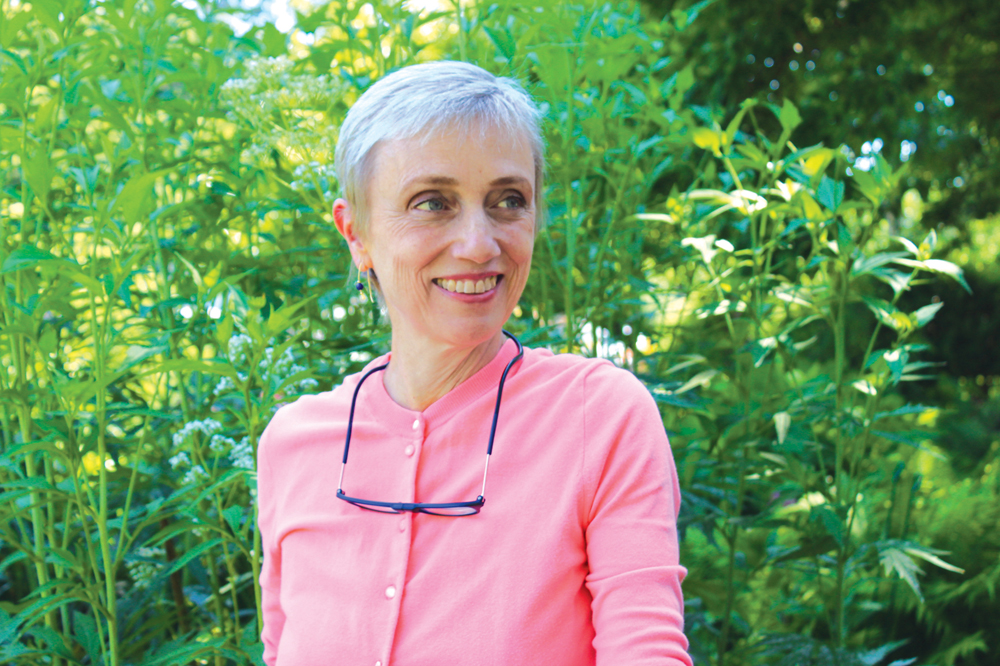
Dorothy Mullen Wants You to Eat Your Vegetables
Note from Wolfram Alderson, CEO, Hypoglycemia Support Foundation: I have written about Dorothy Mullen in previous blogs.
“Shortly after meeting Dor at a food systems conference in San Francisco where we were both presenting as “thought leaders”, I flew to New Jersey for the basic facilitator training of Suppers. I wrote shortly thereafter that Suppers has discovered the Holy Grail of Lifestyle Change. Before assuming that I have joined some airy-fairy cult in New Jersey, hang on – I want you to know that The Suppers Programs is one of the best examples of applied science I have ever seen.”
I can’t say enough about the impact Dorothy has had on me and countless others. Here is incredible story about her and her work.
This is the story of “Dor” Mullen, founder of Suppers, a learn-by-doing program where people learn to cook, taste, and feel their way to vibrant health.
“Be strategic,” Dorothy Mullen said to a board member of Suppers. “There’s nothing better for fundraising than having your founder come down with metastatic cancer.”
Tears wiped. Business plan meetings scheduled. Moving forward.
This is the story of “Dor” Mullen, founder of Suppers, a learn-by-doing program where people learn to cook, taste, and feel their way to vibrant health.
Here is her story. And here are some of our stories. We are among the many who want to keep Suppers going. Not just to honor and remember Dorothy, not just because Suppers is so important to so many people, but because we believe Suppers — and its principles — have the power to make Princeton — and New Jersey — and the nation — healthier.
— Marion Reinson, member of the Suppers transition team
Suppers Programs founder Dorothy Mullen. Photo by Gina Masessa.

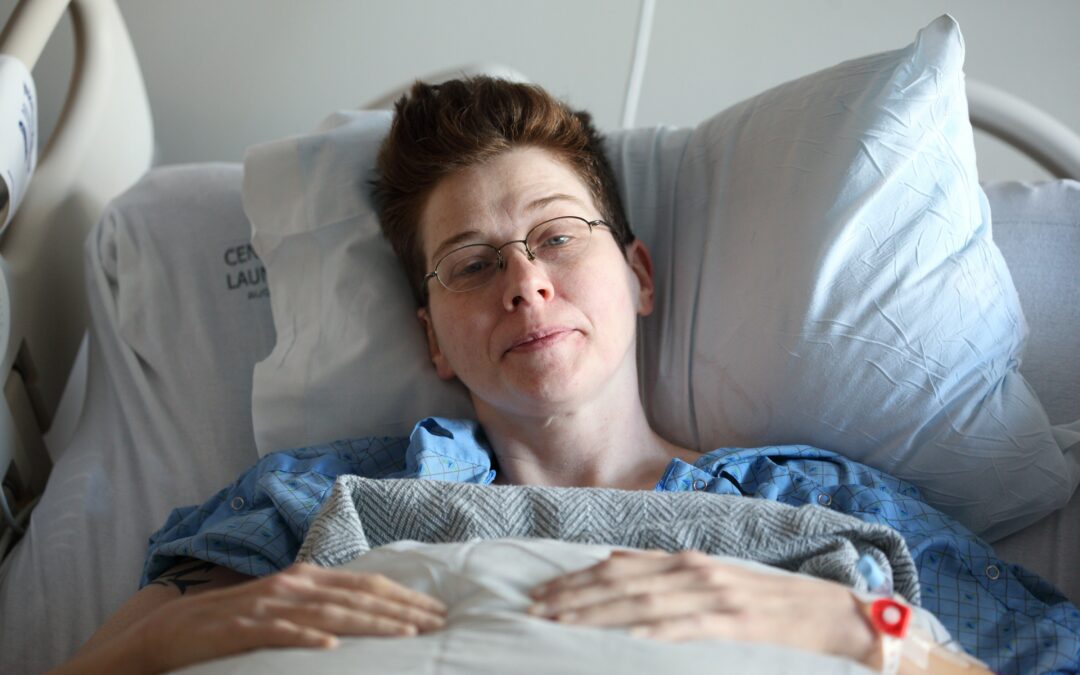

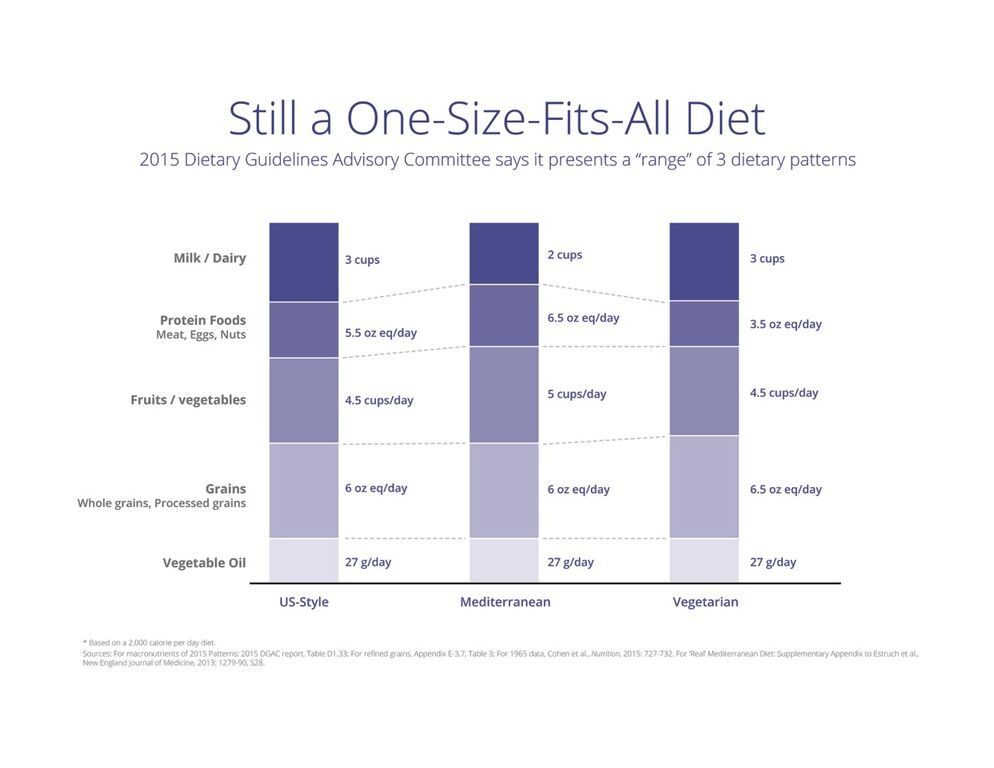
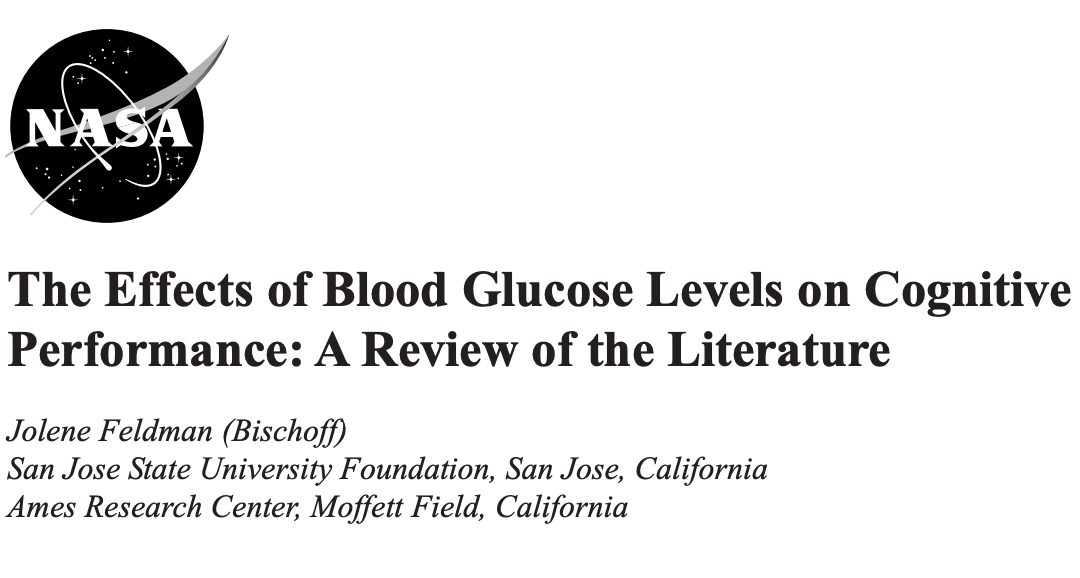
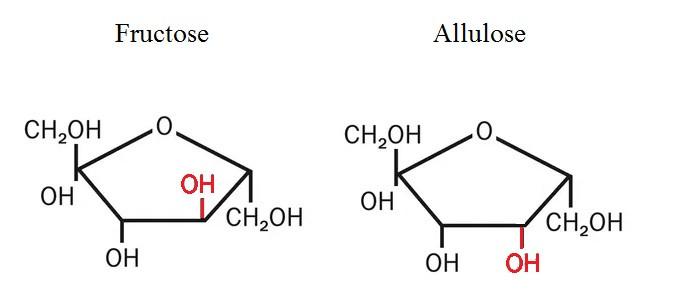


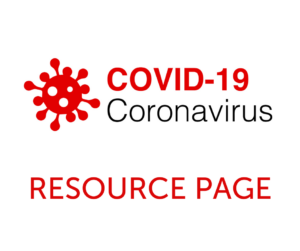
Recent Comments